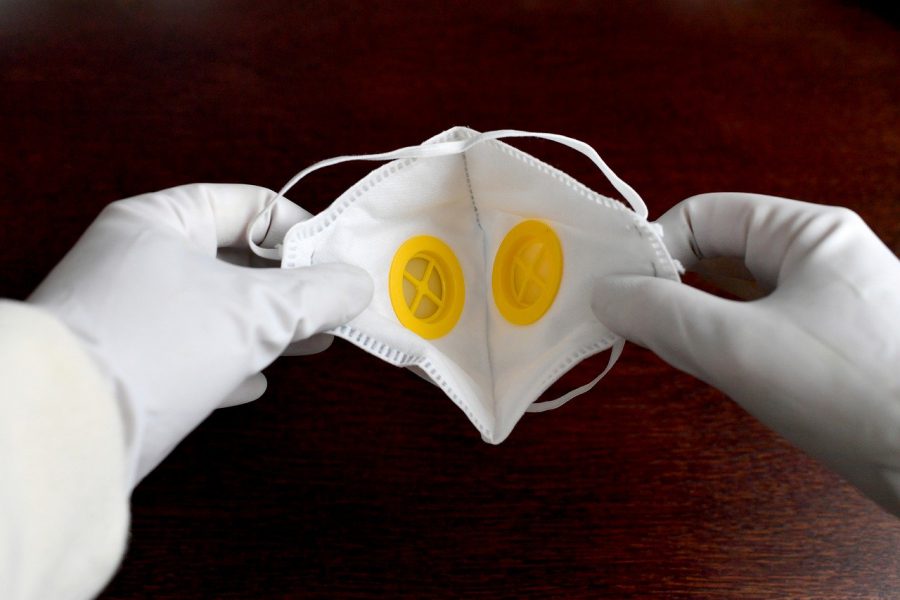As more and more cases of COVID-19 appear around the world, a dilemma has been created for nursing professionals.

The Risks Faced By Nurses
When any nurse starts their career, there is an understanding that they will do everything in their ability to take care of the patients under their supervision. Nurses sometimes work in conditions where their own health might be at risk— for example, if there is a case of Clostridioides Difficile (C. Diff) in a hospital going from patient to patient. But while a nurse has the responsibility to mitigate the health risks faced by their patients, they are also within their rights to not take on certain work if the risk is unreasonable.
However, the optimal approach to these kind of complex ethical situations would be to protect oneself against the risk as much as possible and continue treatment. This is especially pertinent right now with the outbreak of Novel Coronavirus (COVID-19). As a nurse, what can you do to assess and treat patients when there is the threat of an infectious disease?
Tried and True Solutions
COVID-19 is not the first instance of an infectious disease affecting people around the world. SARS, Swine Flu, and the Ebola virus have all impacted healthcare workers in the last 20 years, and in all of these scenarios, nurse professionals have adopted many of the same solutions to prevent themselves from becoming ill.
Protect Yourself With Equipment
Wearing protective gear like respirator masks, surgical masks, hair covers, and disposable gloves act as an additional barrier against pathogens. They protect you, but they can also prevent you from spreading infections to other patients if you are ill and have not yet exhibited symptoms.
Strategic Practices to Protect You and Your Patients
As a nurse, you can work with your healthcare facility’s management and your supervisors to create a customized strategy for preventing the spread of an infection. Undoubtedly, there will be qualified individuals in your workplace with whom you can speak to about your concerns and ideas.
Wash Your Hands Thoroughly and Frequently
This sounds obvious, but it really does make a difference. When you wash your hands, use warm water and antibacterial soap. Apply the soap evenly across your hands from your wrist to your fingertips. Keep your hands under the faucet for at least 20 seconds, scrubbing in between your fingers and around your fingernails. Don’t forget to lather and clean your thumbs, too– this is an often-neglected part of your hands that you need to wash. You should wash your hands throughout your work so that contaminants are not transferred between patients or yourself.











